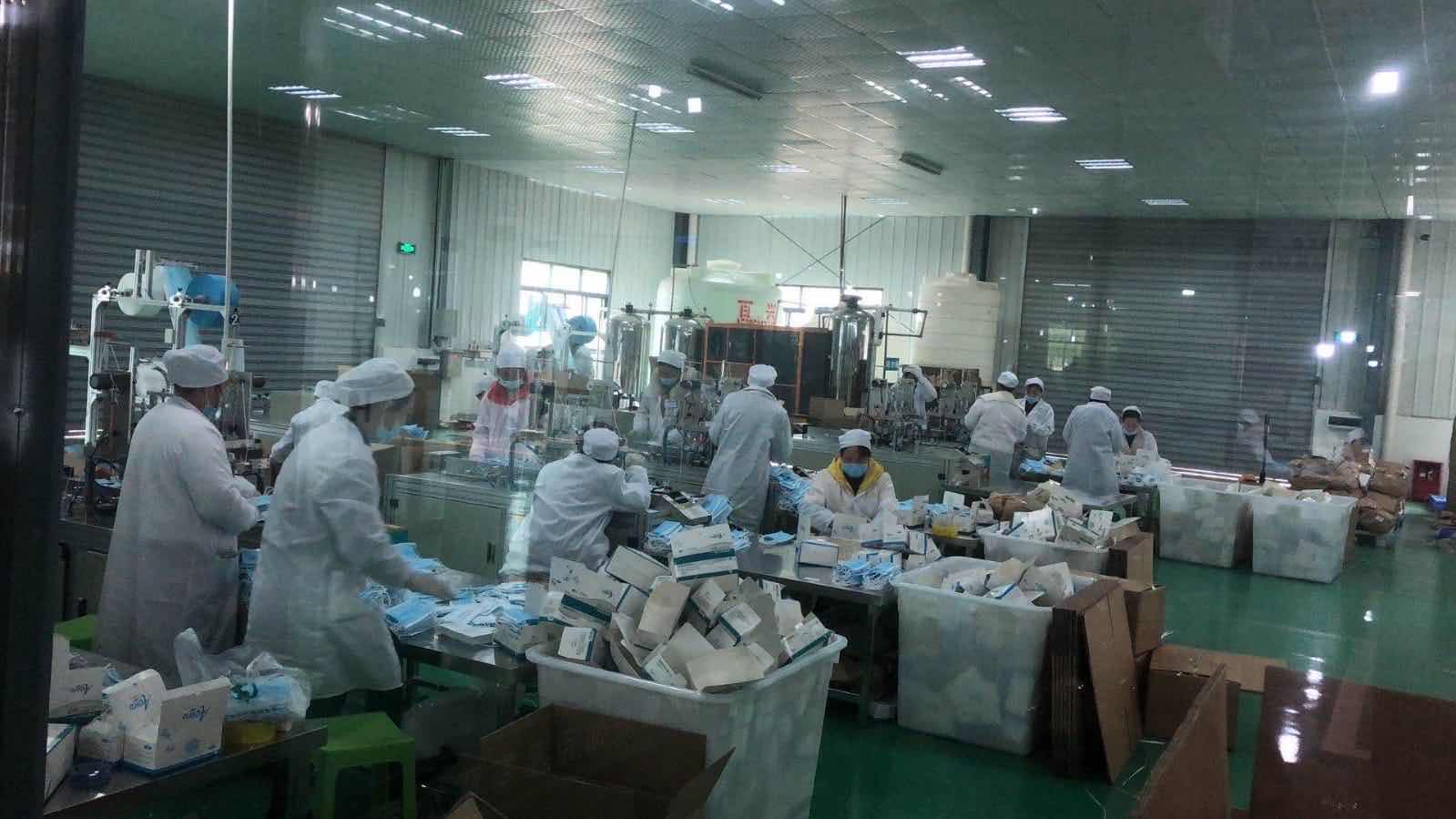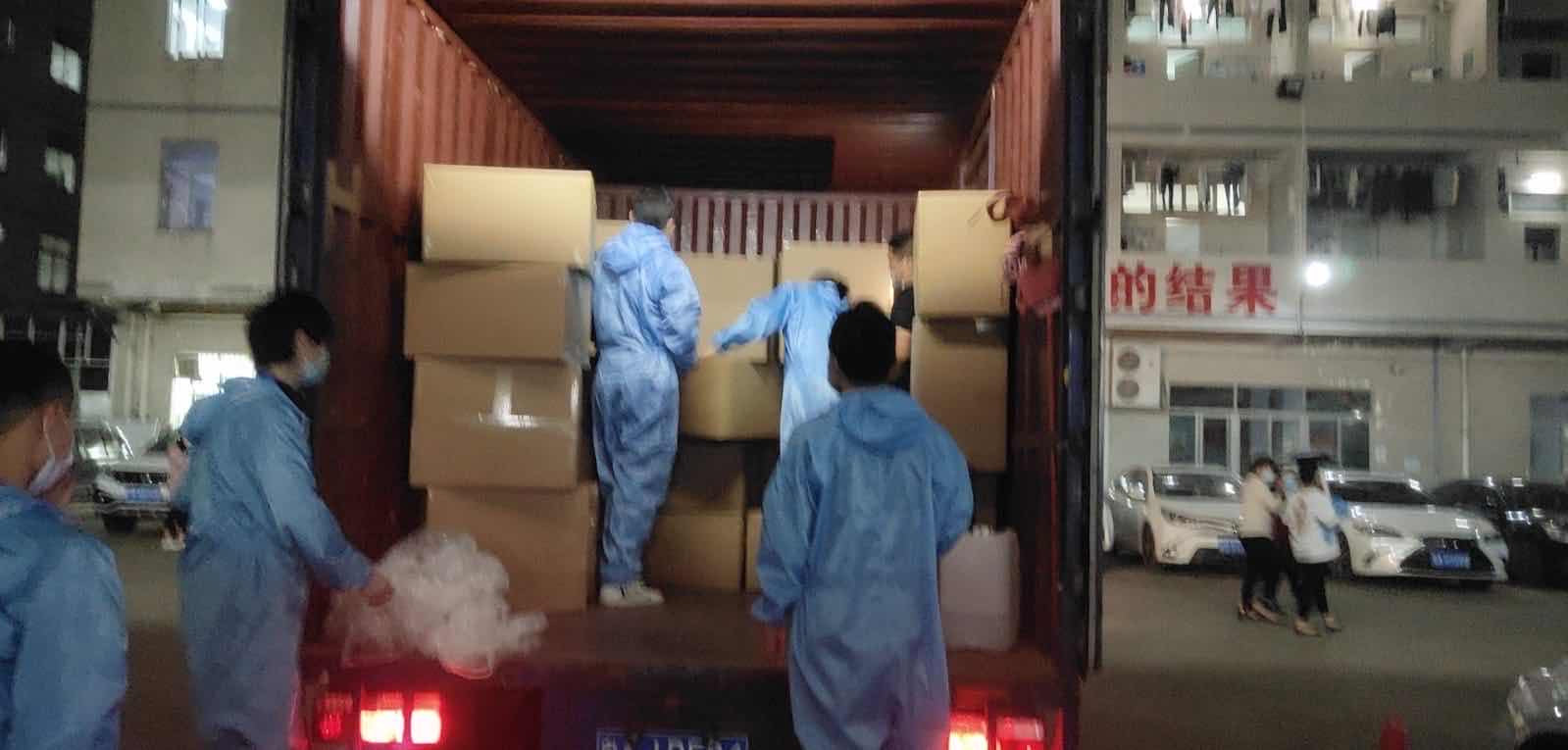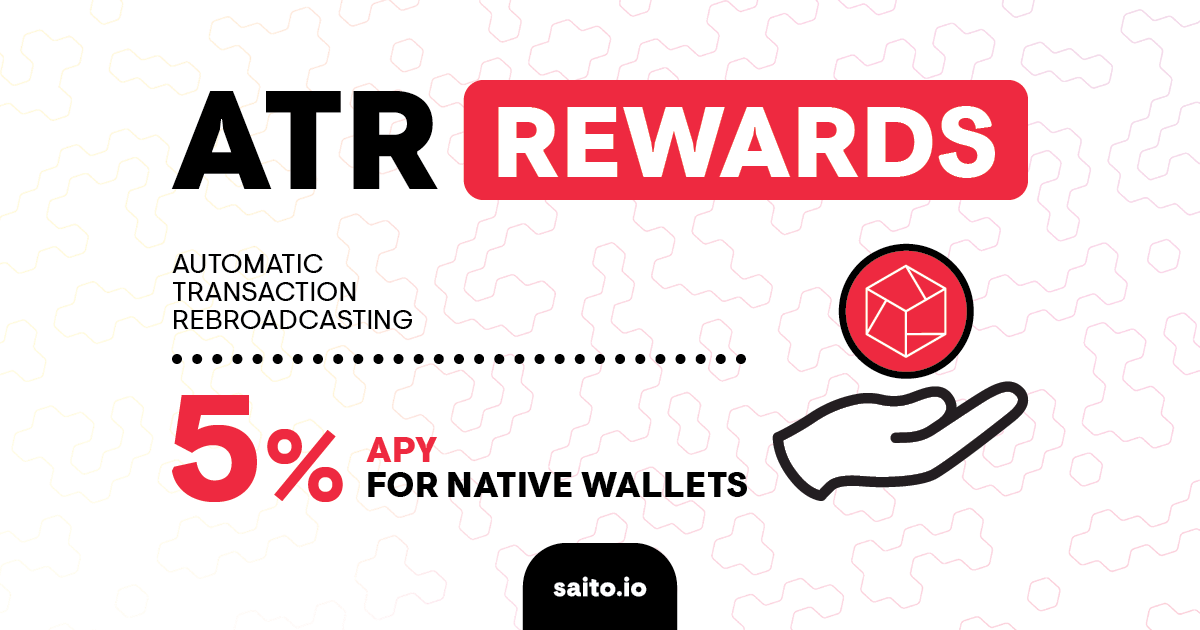Saito and DHB Global Partner on COVID-19 Equipment Procurement Platform
Today we are pleased to announce the launch of a blockchain-powered procurement system for Covid-19 medical equipment developed in partnership with DHB Global under the auspices of the World Economic Forum COVID Taskforce. This post briefly introduces the blockchain solution and explains why Saito-class networks are preferable to smart-contract systems for deployment at scale.
The Problem:
Many customers of COVID-19 medical protection equipment are having problems sourcing standards-compliant supplies. The problem is not just fly-by-night scammers taking advantage of desperate customers — some established suppliers are working with uncertified white-label foundries to expand production capacity and have issues with internal quality control on new production lines. Independent parties are often needed to verify supplier claims about standards-compliance on a line-by-line basis. And logistics companies also face significant issues arranging customs clearance.
These are the critical problems that Saito is solving, though the deployment of a browser-based application that makes it trivial for all participants in the industry to publish and attest to the accuracy of information about production capacity and certification, and track production all the way through to the end of customer delivery.
The blockchain application is very different from the sort of simple “dapps” that most people think about when they think about on-chain applications. Significantly unlike smart-contracts, Saito applications do not treat the blockchain as a database or state machine, and do not expect routing nodes to store and serve their data in exchange for a network fee paid to unrelated miners and stakers. What applications expect from the network is scalable data-transfer and universal broadcast features on a self-supporting PKI network. In the case of the DHB Covid-19 datahub, the blockchain serves as an abstract authentication layer that mediates updates to a virtual and distributed database that can be maintained (in whole or in part) by anyone in the network. Anyone who joins the network can start monitoring and interacting with this emergent database, and publish and update information.
In the resulting network, suppliers compete for customers by executing orders and publishing verifiable certification and standard-compliance data that can be confirmed by DHB’s on-the-ground staff or by anyone else who wishes to join the network and stake their reputation on verifying product quality. Additional features are under development that will allow logistics companies to upload photos and videos of goods at various points in the shipping process, simplify customs clearance (often as much an issue in the receiving as in the supplying countries), as well as track customs declarations and other documents needed for real-time order processing in places like airport warehousing systems which can be black-boxes when it comes to supply-chain visibility.

We believe that the open approach being pioneered by DHB on Saito will become a standard for supply-chain management in the coming years. Blockchain networks which scale (i.e. non-smart-contract ones powered on Saito-class networks) offer the only viable alternative to permitting companies like WeChat or Alibaba or Amazon to dictate which companies get to participate in the industry ecosystem. The existence of a public data-layer will help de-politicize trade while increasing pressures for information transparency: governments who wish their citizens to engage with international supply chains will need to provide them with at least basic rights to freedom of information.
We look forward to continuing to share updates on this project as it moves forward. In the meantime, if you are an organisation that needs to procure COVID-19 PPE equipment (N95 and KN95 facemarks, VG70 ventilators, and more) visit the DHB datahub and they will help. For those interested in enterprise blockchain deployments or how open PKI networks are changing supply-chain management, please feel welcome to get in touch – we are excited to touch base with those interested in real-world deployment of enterprise blockchain infrastructure.



